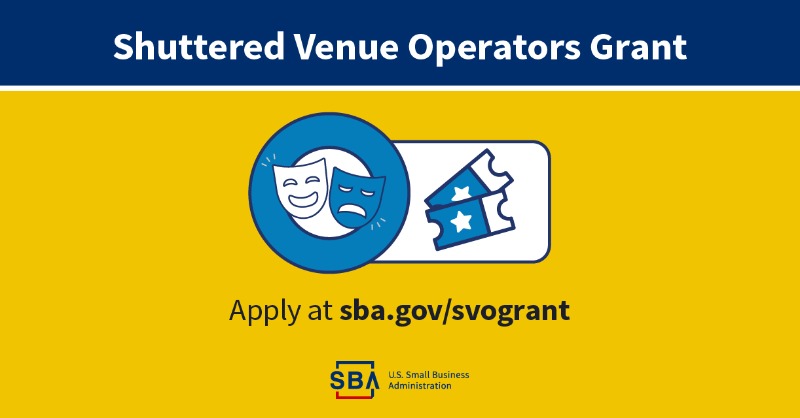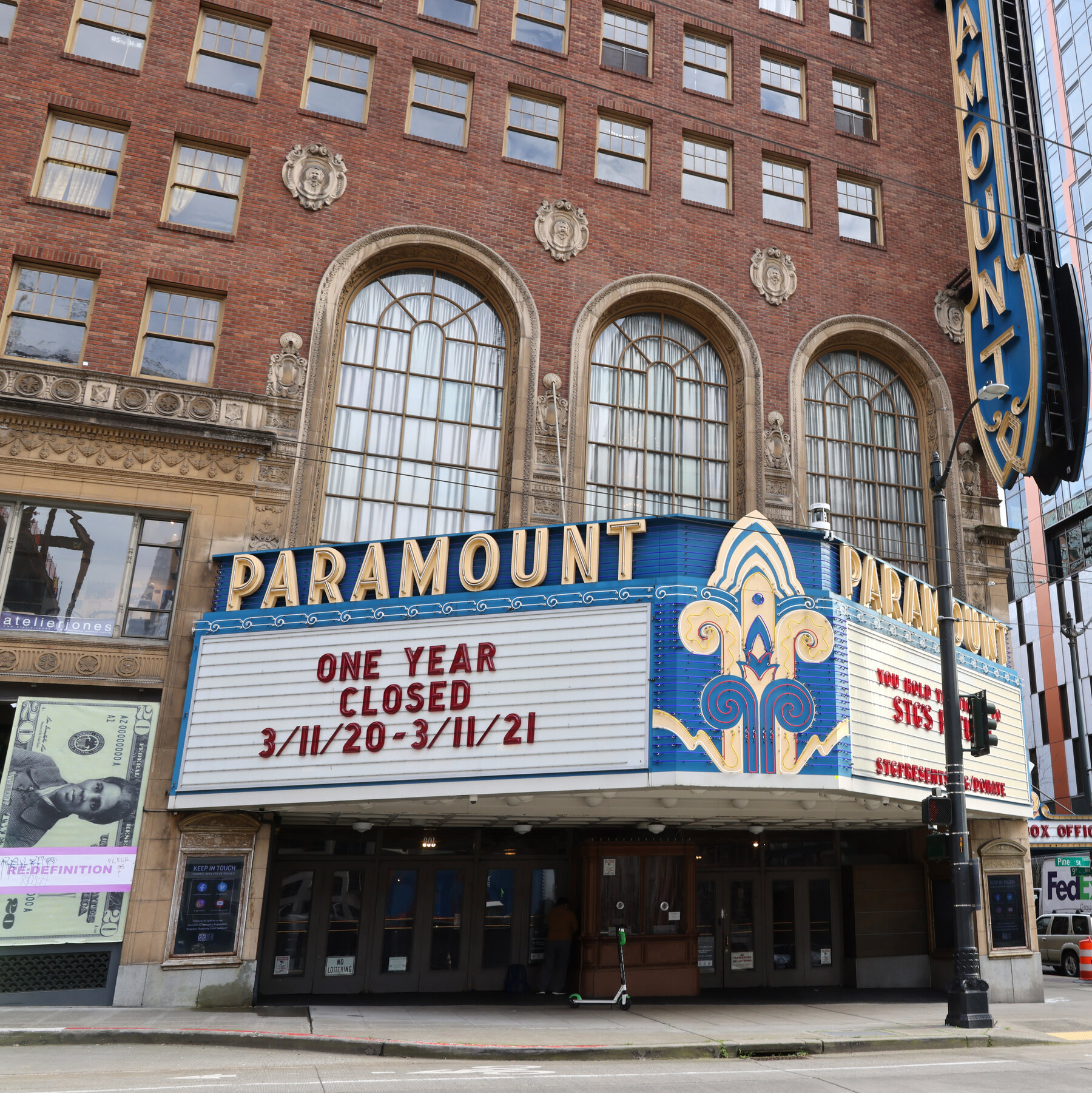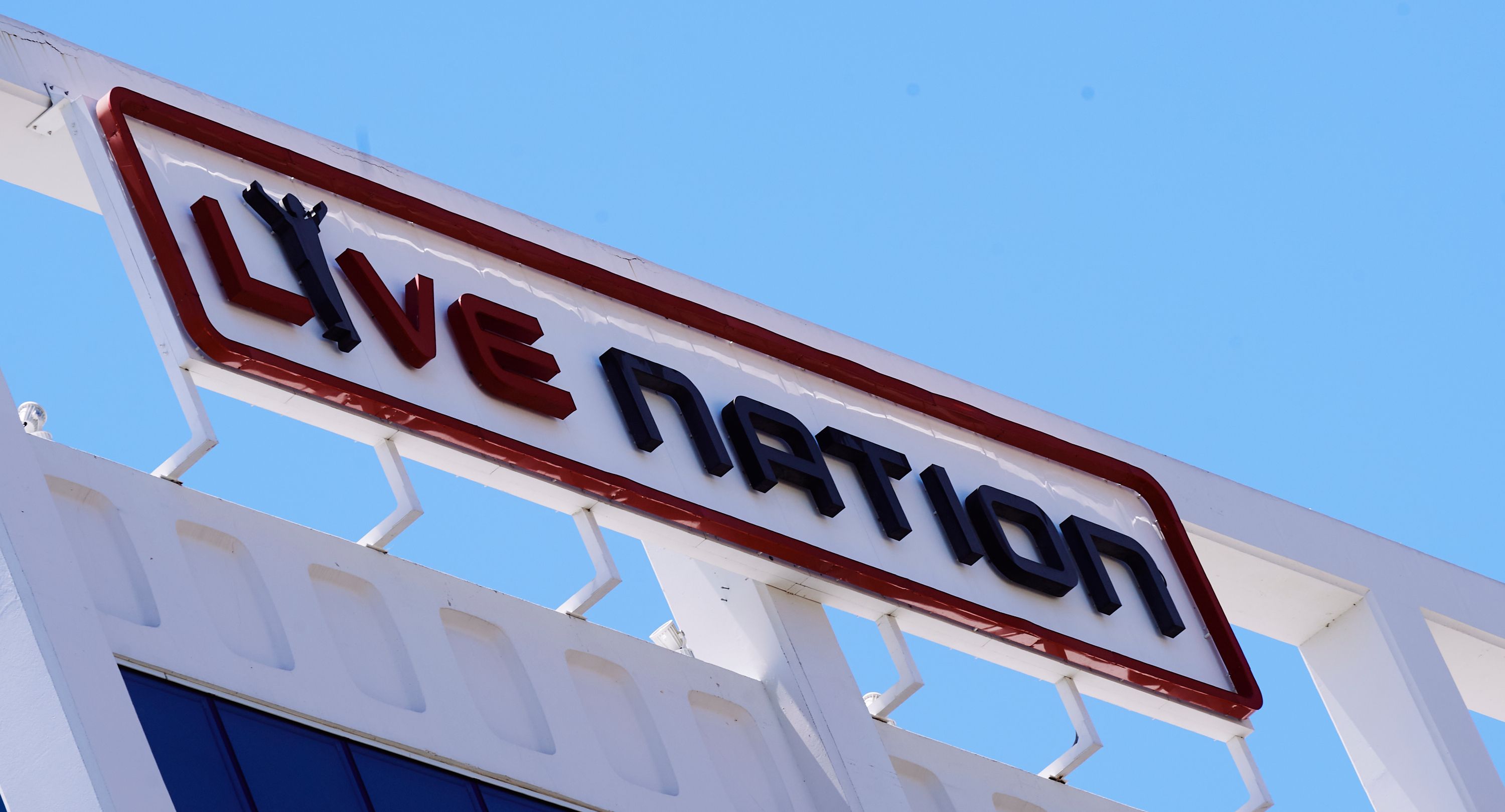The US Small Business Administration reopened the Shuttered Venue Grant application portal on April 26th, much to the relief of independent venue owners across the United States. This step comes after weeks of delays due to the technical difficulties following the original April 8th launch.
The Shuttered Venue Operators Grant is part of Congress’ $900 billion COVID relief package, which was signed into law on December 27, 2020, following nine challenging months for independent venues and live event organizations across the United States. Through this grant, which is part of the Save Our Stages Act, the SBA is offering $16.25 billion to independent venues, museums, theaters, promoters, and more. $15 billion is coming from the Economic Aid to Hard-Hit Small Businesses, Nonprofits, and Venues Act (December 2020) and $1.25 billion is coming from the American Rescue Plan Act (March 2021).
The SVOG is accepting applications on a first come, first serve basis, but will be distributing aid based on priority. Priority One applicants, which are businesses that lost over 90% of their income in 2020, “will receive notice of awards this month and disbursement by the end of May,” according to the SBA. This distribution will be repeated for Priority Two entities, which lost over 70% of their revenue, in June. Following federal grant award policies, the SBA will contact recipients after final decisions are made and send a Notice of Award, which is a “legally binding issuance of the award.” After signing this agreement and receiving the aid, venues must meet the terms and conditions of the grant, including documenting how the funds are spent and keeping detailed employment records for the next four years.
Over 10,000 small business owners flocked to the SVOG application website last Monday, with many venue operators describing this process as a light at the end of the tunnel after a challenging year. Many are hoping for a quick approval process, so that venues and similar organizations can begin to recover from the impacts of the COVID-19 pandemic. Barb Carson, the Deputy Associate Administrator of SBA’s Office of Disaster Assistance, released a statement saying the SBA “recognize[s] the urgency and need to get this program up and running,” and that they were planning on beginning the application review process on Saturday, May 1.
As of May 4th, 10,300 applications have been submitted and 12,238 have been started, with 17,356 of these applications filed within 24 hours of the application opening. According to a SBA press release, of the submitted applications, 4,227 have come from live venue operators and promoters, 2,389 from live performing arts organization operators, 1,362 from motion picture theatre operators, 1,135 from talent representatives, 665 from theatrical producers, and 544 from museum operators.
This assistance comes in part due to the hard work of the National Independent Venue Association (NIVA), which rallied throughout 2020 for Congress to pass relief for independent venues struggling due to COVID-19. In a statement sent to Billboard, NIVA said: “We’re grateful that the Shutted Venue Operators Grant application portal successfully opened yesterday and that thousands of businesses have applied so far. These grants will allow eligible entities to pay off mountains of debt incurred over the last 13 months of being closed with nearly all revenue lost, as well as fund reopening efforts — including saving jobs and hiring staff — when it’s safe to do so. It’s imperative that the United States has an ecosystem of live venues for music and arts, serving as integral parts of our culture and our communities, boosting the local businesses that surround them.
For more information on how to apply for a Shuttered Venue Operators Grant, check out the SVOG User Guide.





